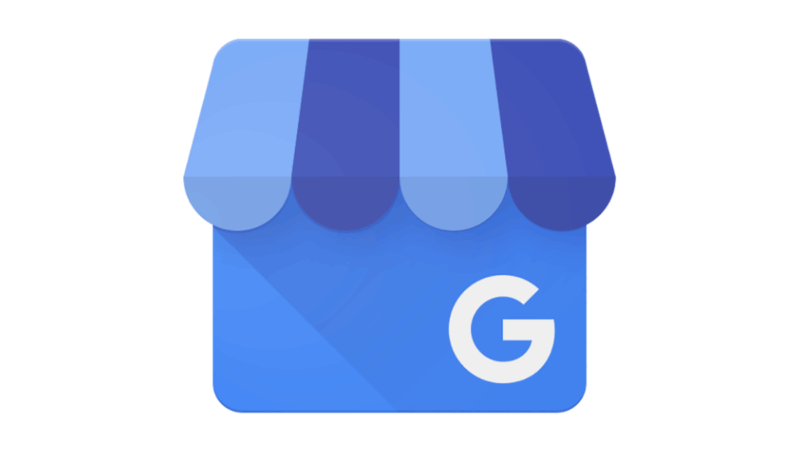I Created A Tool That Manages Unwanted Subscription Bills
My name is Jordan Mackler and I am a co-founder of ScribeUp, heading our product, business development, and finance efforts (a lot, I know, welcome to Entrepreneurship). I’m a current MBA candidate at MIT Sloan, where I came looking to jump into the world of entrepreneurship.
I previously worked as a private equity investor at Endeavour Capital, where I focused on middle-market consumer/retail investments, and as an investment banker at Citi, where I focused on financial sponsor M&A transactions. I’ve jumped around geographically, living in New Jersey, Michigan, New York, California, and Massachusetts over the past 9 years.
Outside of my career, I’m a sports data nerd, world traveler (having been to 6 continents), an overly ambitious skier, and a Tik Tok addict.
Along with my co-founders from MIT Sloan, we have built ScribeUp, a B2C digital tool that automates the management of free trials and keeps a ledger of personal subscriptions, powered by a browser plug-in. Through a system of virtual cards and automated funding levels, we have built a product that allows consumers to freely explore digital services (e.g. Sorry, you need to login and/or become a member to view the rest of this content.

Download the report and join our email newsletter packed with business ideas and money-making opportunities, backed by real-life case studies.

Download the report and join our email newsletter packed with business ideas and money-making opportunities, backed by real-life case studies.

Download the report and join our email newsletter packed with business ideas and money-making opportunities, backed by real-life case studies.

Download the report and join our email newsletter packed with business ideas and money-making opportunities, backed by real-life case studies.

Download the report and join our email newsletter packed with business ideas and money-making opportunities, backed by real-life case studies.

Download the report and join our email newsletter packed with business ideas and money-making opportunities, backed by real-life case studies.

Download the report and join our email newsletter packed with business ideas and money-making opportunities, backed by real-life case studies.

Download the report and join our email newsletter packed with business ideas and money-making opportunities, backed by real-life case studies.




























